Organic foods are often seen as the healthier, more ethical choice, but how do they really impact your wallet? Here are 22 startling truths about organic foods and their effect on your finances.
1. Higher Price Tags
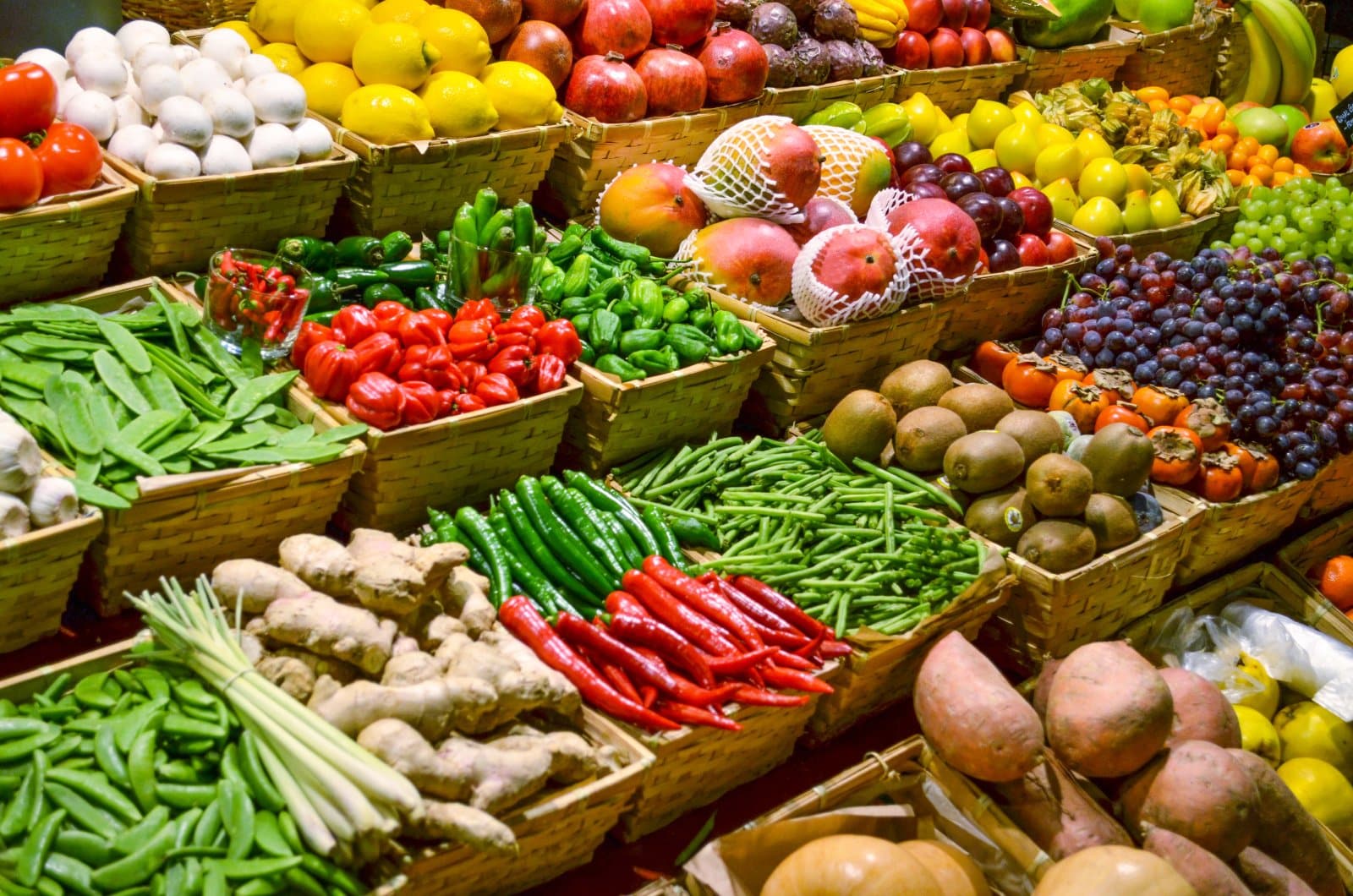
Image Credit: Shutterstock / Lex0077
Organic foods typically cost 20-100% more than their conventional counterparts. This premium can add up quickly, impacting your grocery budget significantly.
2. Seasonal Availability
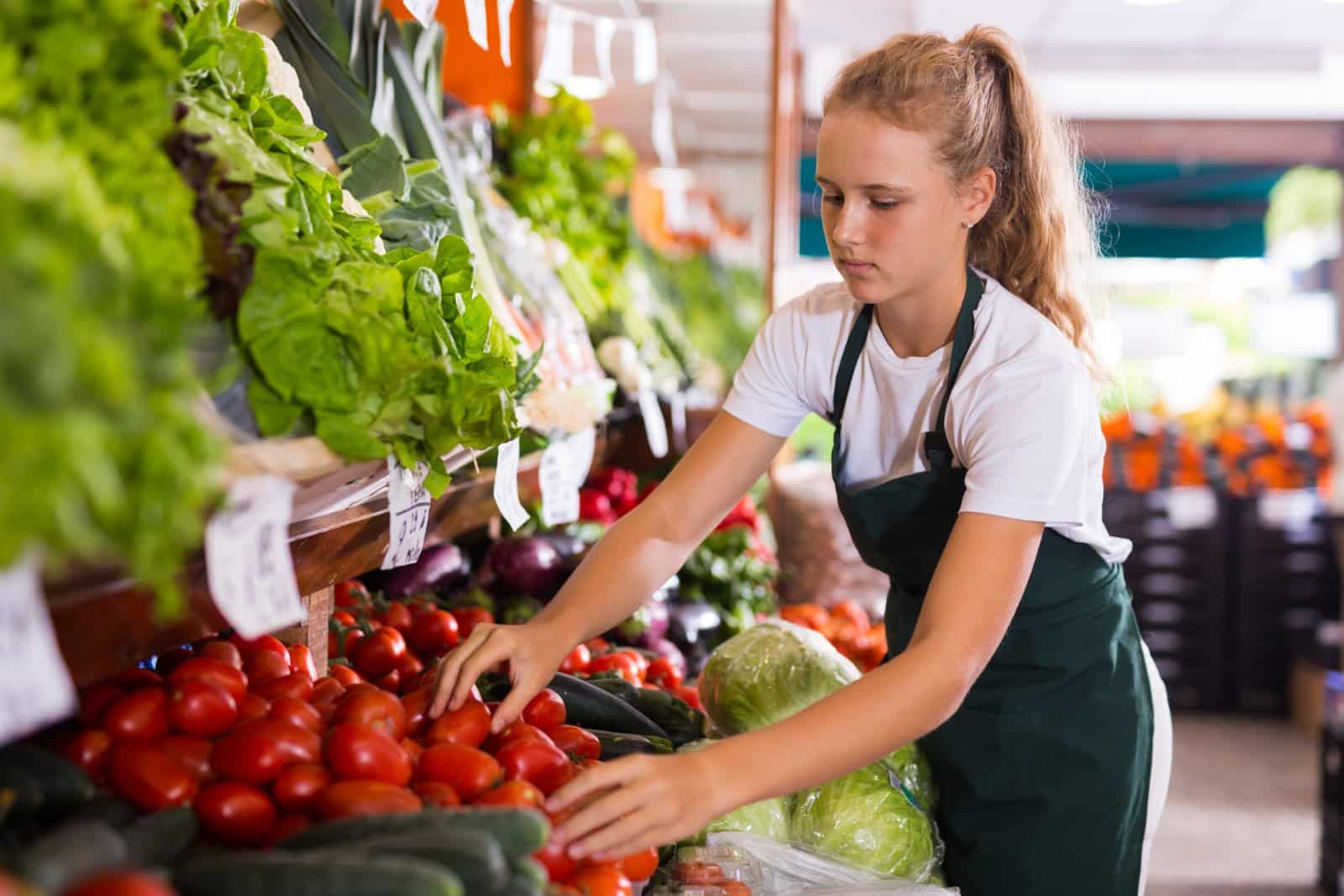
Image Credit: Shutterstock / BearFotos
Organic produce is often seasonal, leading to higher prices when out of season. This can force you to pay more or go without your favorite fruits and vegetables.
3. Limited Supply

Image Credit: Shutterstock / Hryshchyshen Serhii
The supply of organic foods is generally lower than conventional foods. Limited availability can drive up prices and make budgeting more challenging.
4. Certification Costs

Image Credit: Shutterstock / ViDI Studio
The process of obtaining organic certification is expensive. These costs are often passed on to consumers, contributing to the higher price of organic products.
5. Farming Practices

Image Credit: Shutterstock / Aleksandar Malivuk
Organic farming is labor-intensive and requires more time and effort. This increased labor cost is reflected in the price you pay at the store.
6. Smaller Yields

Image Credit: Shutterstock / Edgar G Biehle
Organic farms typically produce smaller yields compared to conventional farms. Lower productivity can lead to higher prices for organic products.
7. Marketing and Branding
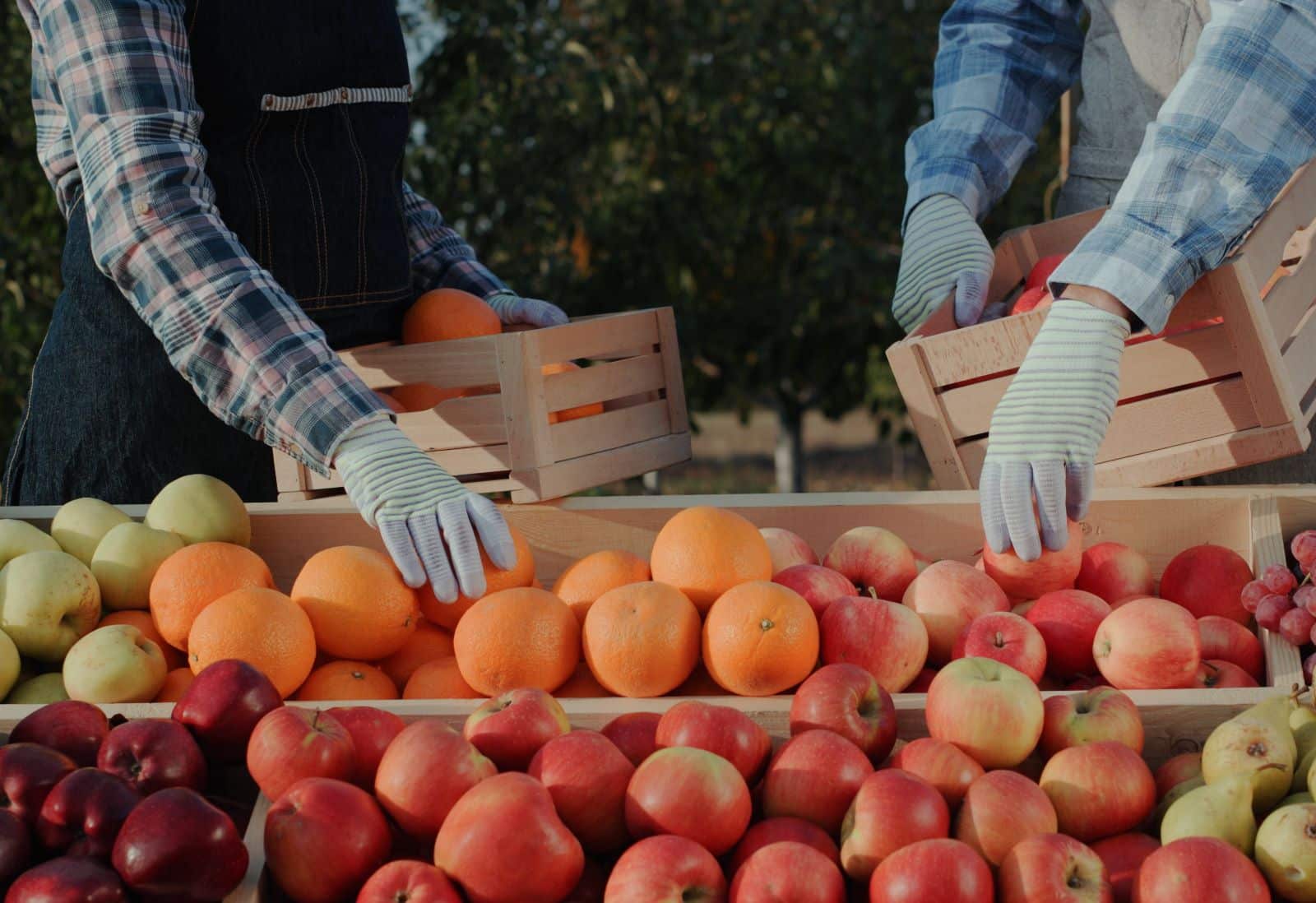
Image Credit: Shutterstock / StockMediaSeller
Organic foods are often marketed as premium products. The cost of marketing and branding these items as superior is factored into their higher prices.
8. Health Benefits Debate
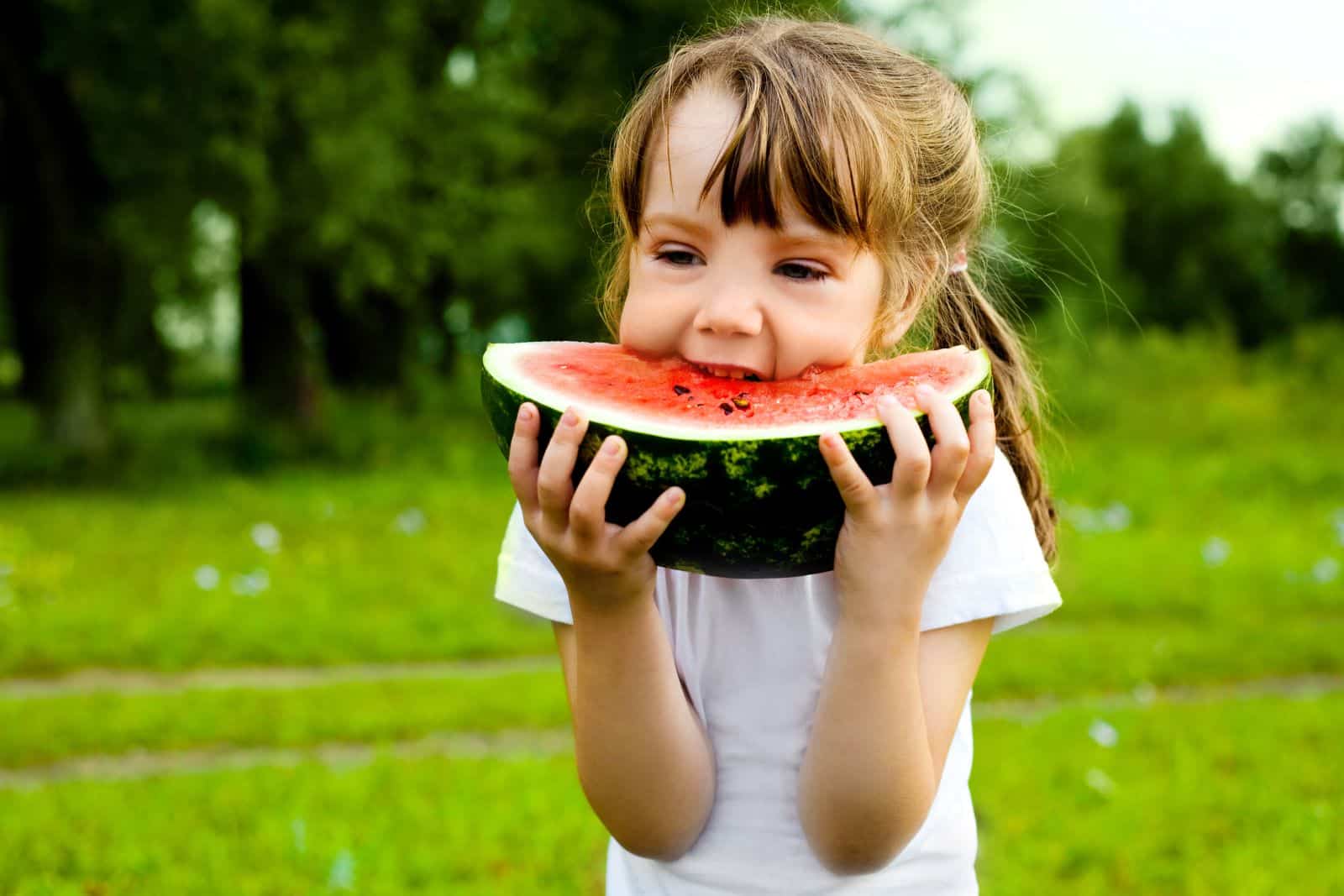
Image Credit: Shutterstock / photolin
While some believe organic foods are healthier, studies show mixed results. You might be paying more without guaranteed health benefits, affecting your cost-benefit analysis.
9. Local vs. Imported
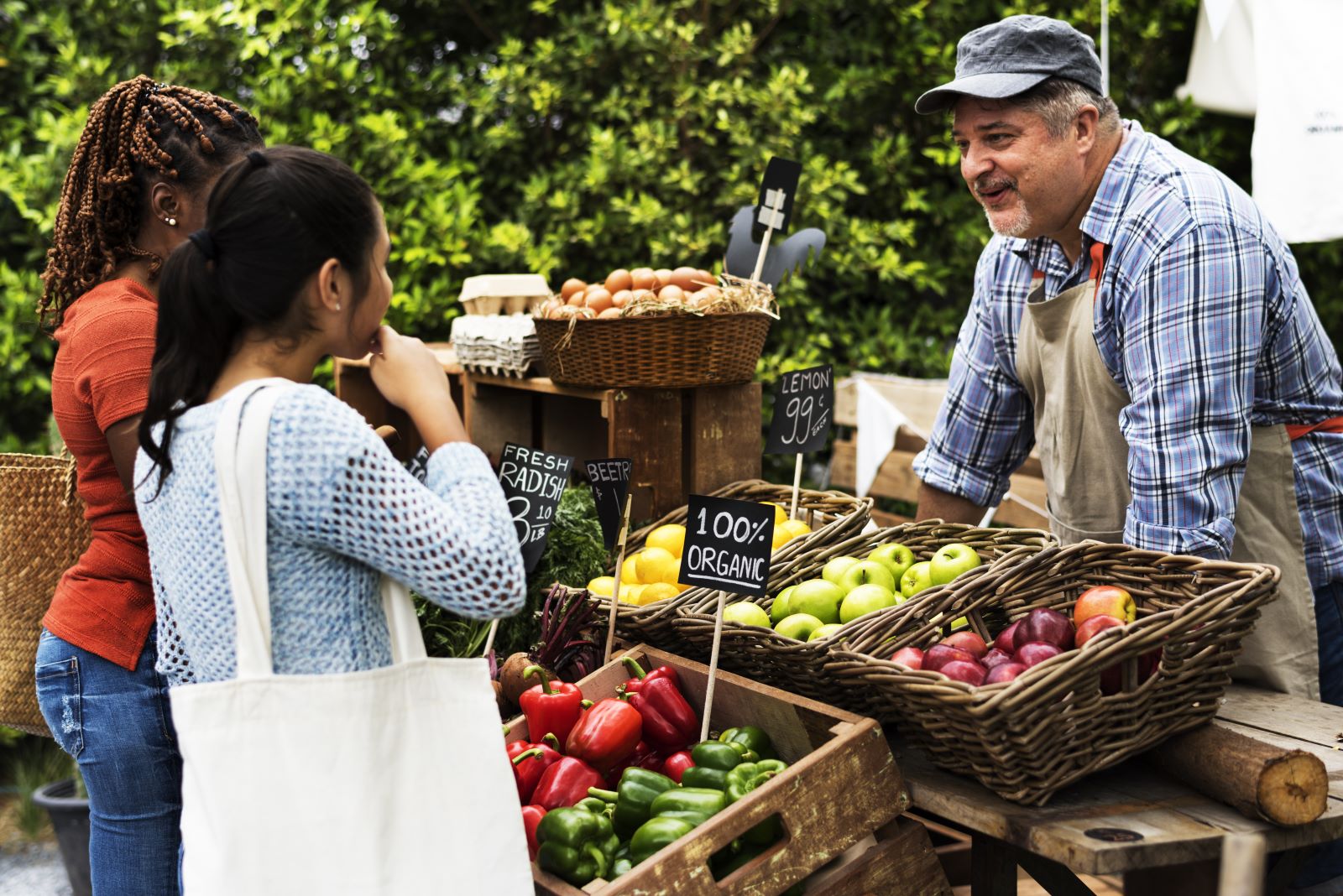
Image Credit: Shutterstock / Rawpixel.com
Locally grown organic foods can be cheaper than imported ones. However, many organic products are imported, increasing their cost due to transportation and tariffs.
10. Bulk Buying Savings
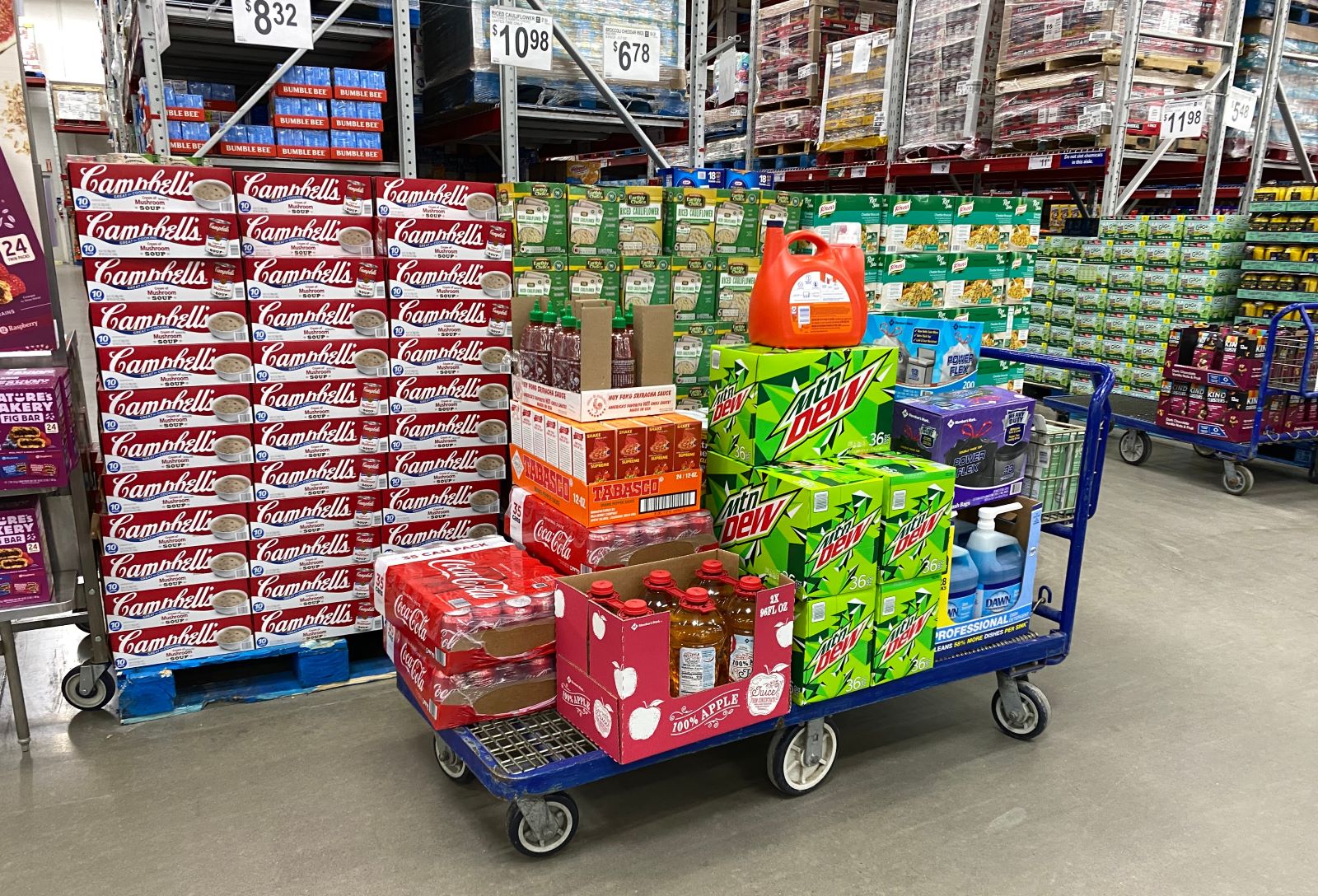
Image Credit: Shutterstock / melissamn
Buying organic foods in bulk can save money. However, the higher upfront cost can strain your finances if not planned carefully.
11. Price Volatility

Image Credit: Shutterstock / JoeyPhoto
Organic food prices can be more volatile than conventional foods due to factors like weather and pests. This unpredictability can make budgeting more difficult.
12. Economic Impact

Image Credit: Shutterstock / AYA images
Supporting organic farming can benefit local economies and reduce environmental costs. However, the higher prices may not always fit into a tight budget.
13. Home Gardening

Image Credit: Shutterstock / RossHelen
Growing your own organic produce can save money. Initial setup costs aside, it can be a cost-effective way to enjoy organic foods.
14. Subscription Boxes
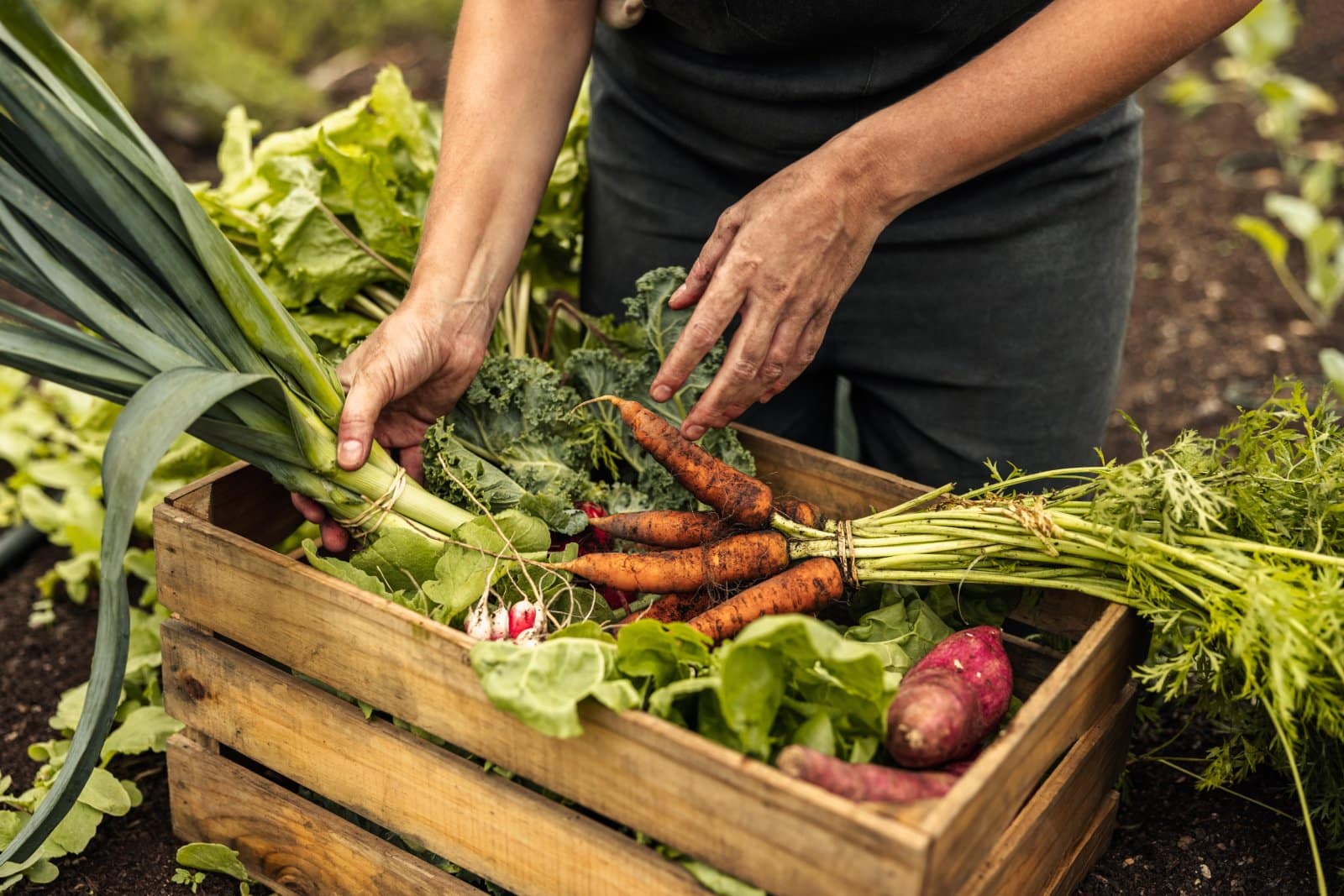
Image Credit: Shutterstock / Jacob Lund
Organic food subscription boxes can offer savings and convenience. However, they may still be pricier than buying conventional produce.
15. Nutrient Density

Image Credit: Shutterstock / Zapylaiev Kostiantyn
Some argue organic foods have higher nutrient density. If true, the health benefits might offset the higher costs, providing long-term savings on healthcare.
16. Food Waste
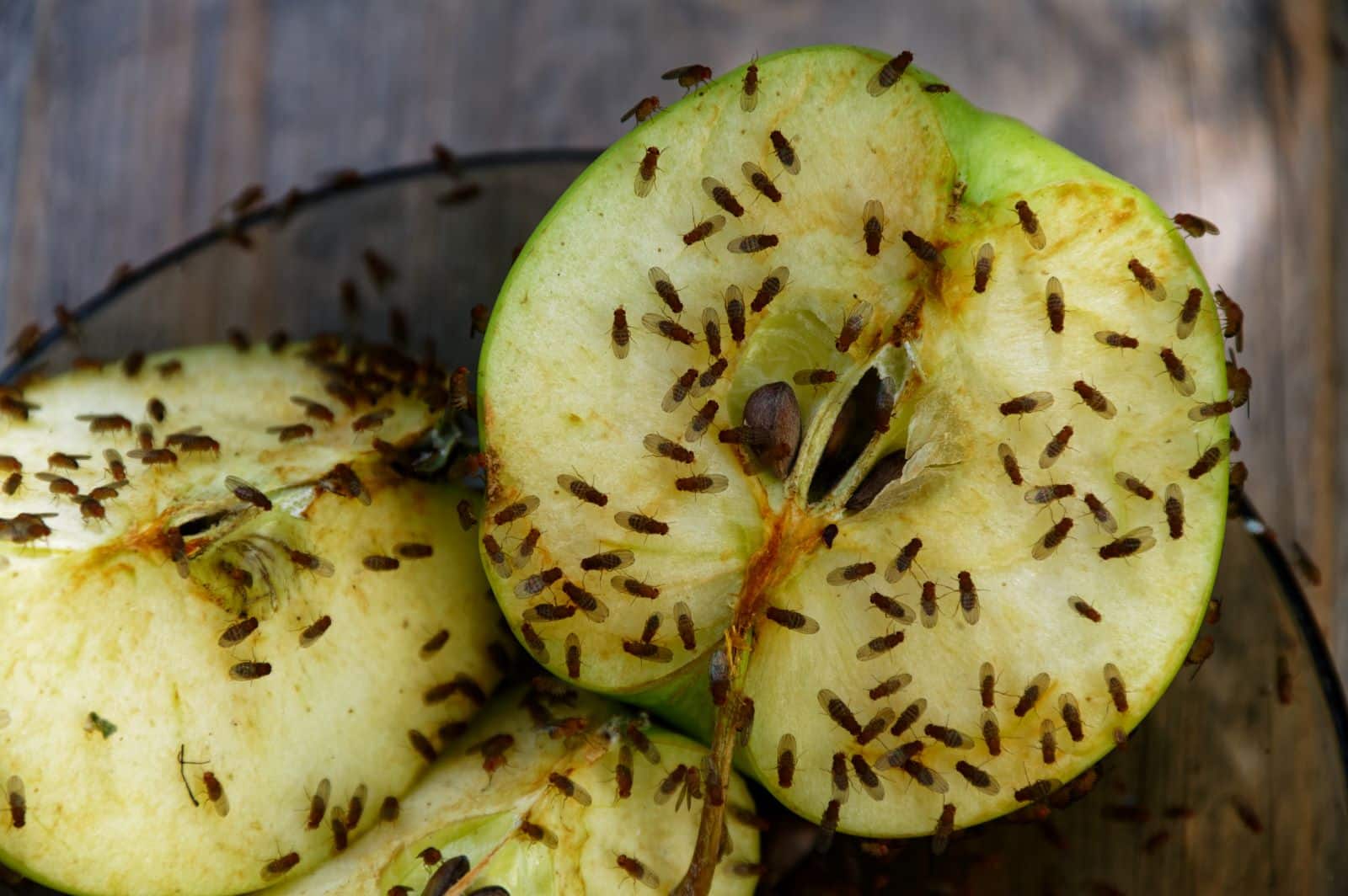
Image Credit: Shutterstock / Anne Webber
Organic foods can spoil faster without preservatives. This can lead to more food waste and higher overall costs as you replace spoiled items more frequently.
17. Value Perception

Image Credit: Shutterstock / megaflopp
People often perceive organic foods as higher value, justifying the higher cost. This perception can influence spending habits, sometimes beyond practical financial logic.
18. Long-Term Health

Image Credit: Shutterstock / Ariwasabi
Investing in organic foods may lead to long-term health benefits. Reduced exposure to pesticides might save you money on healthcare in the future.
19. Environmental Costs

Image Credit: Shutterstock / Ysbrand Cosijn
Organic farming is better for the environment, potentially reducing future costs related to environmental damage. This broader perspective might justify higher immediate costs.
20. Cooking from Scratch

Image Credit: Shutterstock / Prostock-studio
Organic ingredients can encourage cooking from scratch, which can be cheaper than buying pre-packaged meals. This shift can positively impact your food budget.
21. Prioritizing Purchases

Image Credit: Shutterstock / encierro
Not all organic foods offer the same benefits. Prioritize buying organic for items like the “Dirty Dozen” to get the most value for your money.
22. Budget Adjustments

Image Credit: Shutterstock / Dragon Images
Adjusting your budget to accommodate organic foods requires careful planning. It might mean cutting costs elsewhere or rethinking your spending priorities.
Balancing Health and Budget

Image Credit: Shutterstock / RossHelen
Organic foods present a complex choice between health benefits and financial costs. By understanding these truths, you can make informed decisions that balance your health and budget effectively.
Oil Dumping Scandal Rocks Ships Heading to New Orleans

Image Credit: Shutterstock / AERIAL-MOTION
Two shipping companies have been fined after knowingly hiding a large oil spill in the Atlantic Ocean. Oil Dumping Scandal Rocks Ships Heading to New Orleans
20 Eye-Opening Realities Facing Retiring Baby Boomers

Image Credit: Shutterstock / JACK FROG
As Baby Boomers approach retirement, the promise of leisure and security often seems unattainable. This generation faces unique challenges that could redefine retirement. Here’s a stark look at the realities shaping their outlook. 20 Eye-Opening Realities Facing Retiring Baby Boomers
Retail Apocalypse: Massive Closures Sweep Across U.S. Brands

Image Credit: Shutterstock / TADA IMAGES
Stores across the U.S. are closing at unprecedented levels, according to new research from advisory firm Coresight Research. Read on for more information about the impact this could have on you and your communities. Retail Apocalypse: Massive Closures Sweep Across U.S. Brands
The post Organic Shock: The Real Cost of Eating Green first appeared on EcoHugo.
Featured Image Credit: Shutterstock / Prostock-studio.
The content of this article is for informational purposes only and does not constitute or replace professional financial advice.
For transparency, this content was partly developed with AI assistance and carefully curated by an experienced editor to be informative and ensure accuracy.


